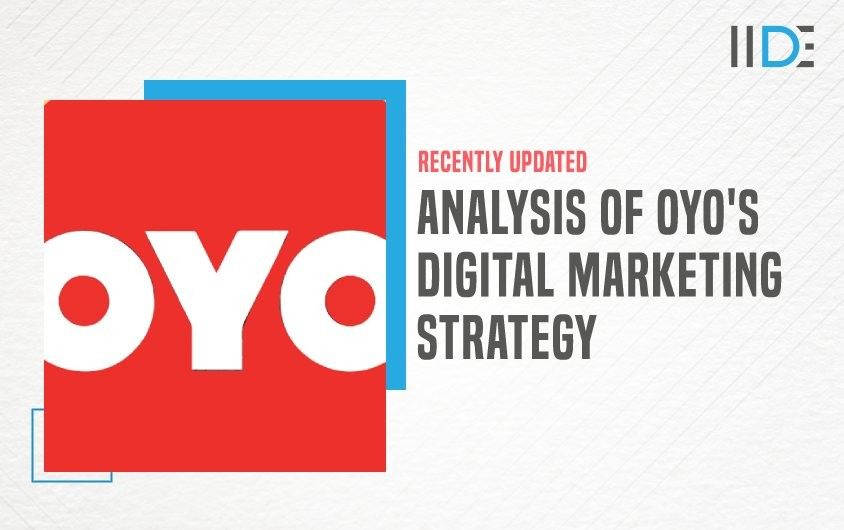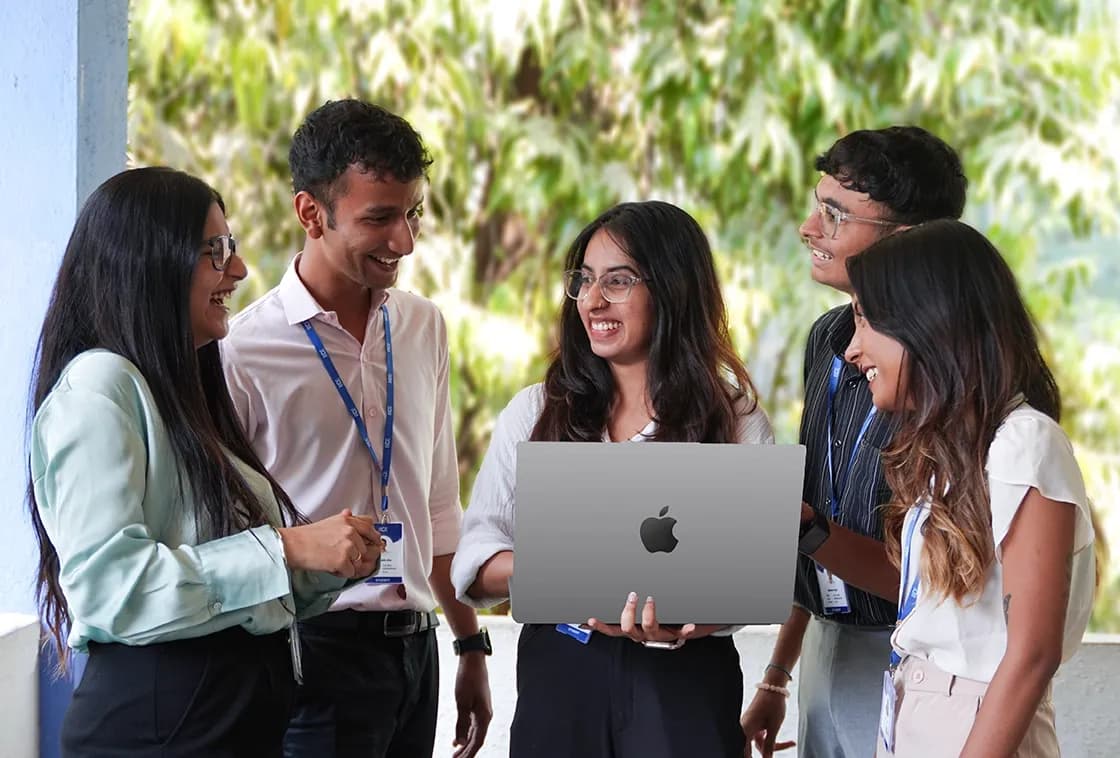OYO Room’s Digital Marketing Strategy
Our students, Anurag Gawande and Ratul Ramchandani, have come up with a prospective digital marketing strategy for OYO that would help them accomplish their target number of listings by the end of this year.
One of the key tools that their strategy makes use of is 360 degree marketing. This implies that OYO must have a presence across all forms of digital as well as traditional media. Traditional media is inclusive of both print and television, whereas digital media is inclusive of social media ads, Google ads and OYO’s own website and app.
A clever, all-encompassing route to promote OYO would be to use the campaign #AurKyaChahiye across all platforms. On transit ads, it would be a good idea to print the hashtag on the hoardings, whereas it could be promoted on television by making effective use of TV commercials.
With digital, OYO could actively use social media to engage with its customers and potential converts by uploading videos on YouTube and providing discounts to website and app users. Google advertisements should be crisp and to the point, therefore not only being quick to consume by the reader but also ensuring that they are easy to understand and include all details necessary. For example, Book hotels in Kochi, Tariff @ Rs. 838. Call 07290071730- OYO. These ads can be further reinforced with social media remarketing as well as in-app push notifications.
Search Engine Optimisation For OYO Rooms
Search engine optimisation refers to the usage of particular keywords in order to ensure the maximum amount of traffic on a brand’s website. These keywords are those that have the highest search rates from their target customers. If a website is able to optimise itself based on the search engine’s keywords, then it is certain that they will be able to reduce their bounce rate as well as reach the right people.
Some of the most popular keywords for OYO are Oyo Rooms, hotels in Shimla, Oyo Rooms Delhi, hotels in Mysore, Hotels in Nainital and Hotels in Ooty. This means that whenever someone searches for these terms online, OYO’s results are the first that pop up.
Often, brands bid on certain search terms to ensure that when users search these particular terms on the internet, the particular brand’s page pops up as one of the first results. This may be useful for OYO in reference to other words that it could really capitalise on if they were able to be on of the top results.
Some of the suggested bid words for OYO are online hotel booking, hotel booking online, hotel booking offers, book hotels, best hotel deals, book hotels online, hotel deals, hotel room, best hotels, best hotel prices and hotels nearby. This ensures that when someone searches for the said terms online, they are bound to encounter OYO’s website as one of the first results. This makes the website more accessible to the people looking to travel to and booking economical hotel rooms, which is ultimately the group of people OYO wants most to reach out to. This would greatly boost OYO’s Digital Marketing Strategy.
Social Media Strategy
The social media strategy that the brand should employ, according to the students, spans across the platforms of Facebook, Instagram, Twitter and Pinterest.
On Facebook, the brand should share location-based posts, posts that detail the progress of the organisation over the years and regular promotional posts. These 3 types of posts help cater to every sort of customers. The location posts help people browse destinations to travel, the progress posts help form a connection and engagement with the brand’s followers and the regular promotional posts provide the customers with offers and discounts, encouraging them to book OYO instead of a different brand.
On Instagram, the brand should follow a similar strategy as Facebook, except also repost pictures taken by travellers and users of OYO. This encourages their followers to tag OYO in their posts, therefore increasing OYO’s engagement rate. At the same time, OYO should also post festive posts in order to make sure their followers are able to integrate them as a regular addition to their social media feed.
On Pinterest, various campaign-related posts could be put up. This could be alongside their Twitter posts covering various award wins and events, as well as any corporate social responsibility related work that OYO carries out. Promotional posts that go up on Facebook and Instagram should be posted on Twitter as well!
Some suggested social media campaigns are #AurKyaChahiye (highlighting the fact that OYO offers rooms at Rs. 999), #OneForEveryone (a video campaign with 8 different clips featuring 8 types of people that OYO caters to) and #OYOnauts (a contest in which social media followers submitted their story and, if selected, get to win a sponsored trip by the brand). This would greatly boost OYO’s Digital Marketing Strategy.
OYO’s Competitors
OYO’s main competitors are MakeMyTrip and Airbnb.
When considering social media performance, OYO has around the same number of Facebook likes as MakeMyTrip. However, Airbnb outperforms them both on Facebook with 100k likes, whereas both of them have 49k likes each. On Instagram, OYO outperforms MakeMyTrip as it has 18k followers whereas MakeMyTrip has 11k followers. However, both of them shrink in front of Airbnb’s mass following of 2.5 million followers. The main reason for Airbnb crushing OYO’s social media following so consistently is due to the fact that while OYO is an Indian brand. With MakeMyTrip as its local competition, Airbnb is a global brand with an established presence in dozens of countries across the world.
Airbnb mostly posts festive and celebratory posts on Facebook, along with updates on influencer campaigns and location-based posts. MakeMyTrip, on the other hand, posts more about social causes, promotional posts and ad film clips.
Target Audience
OYO targets people of all genders within the age group of 20-30. These people generally are from urban backgrounds like Mumbai or Bengaluru, and belong to the lower-income or middle-income earning classes of society. OYO targets students and working professionals who enjoy travelling and making short trips, often alone.







